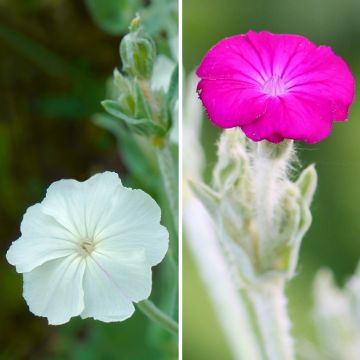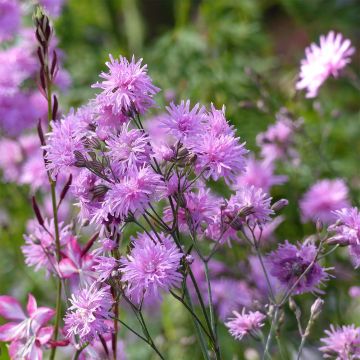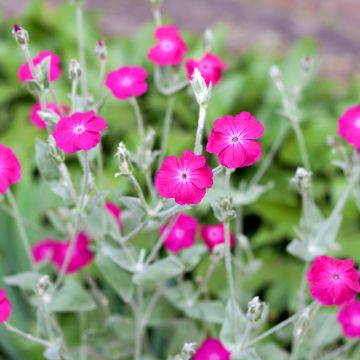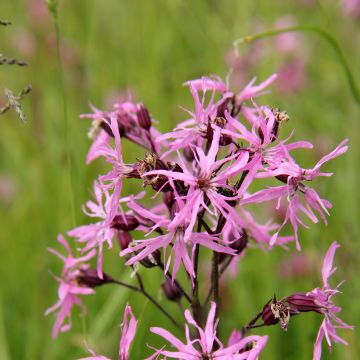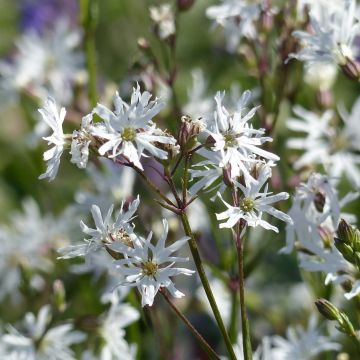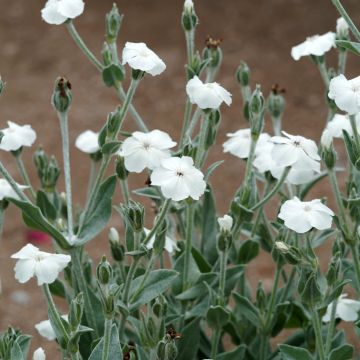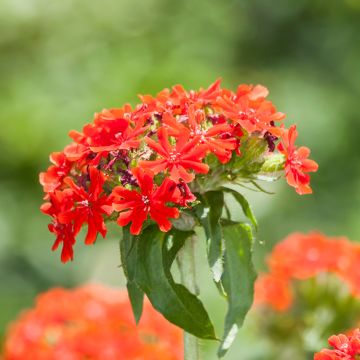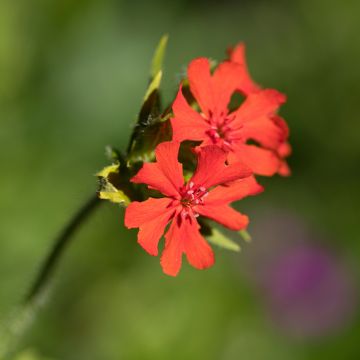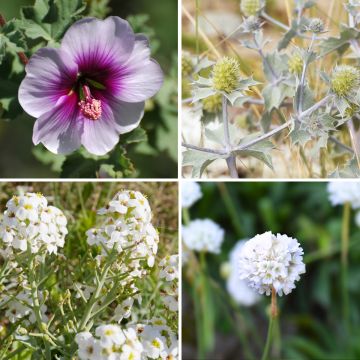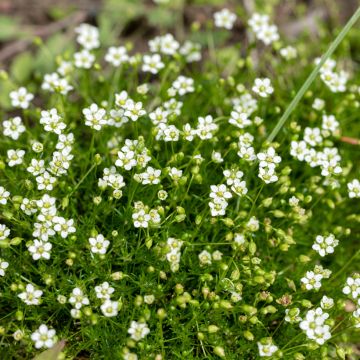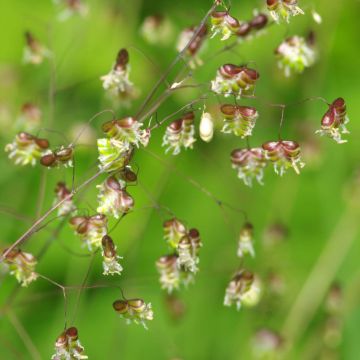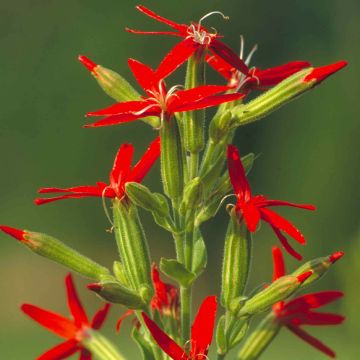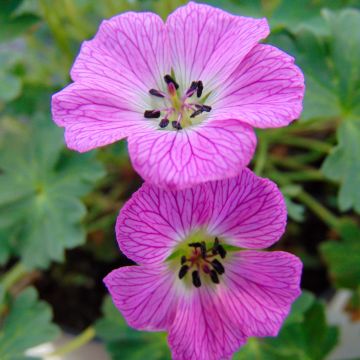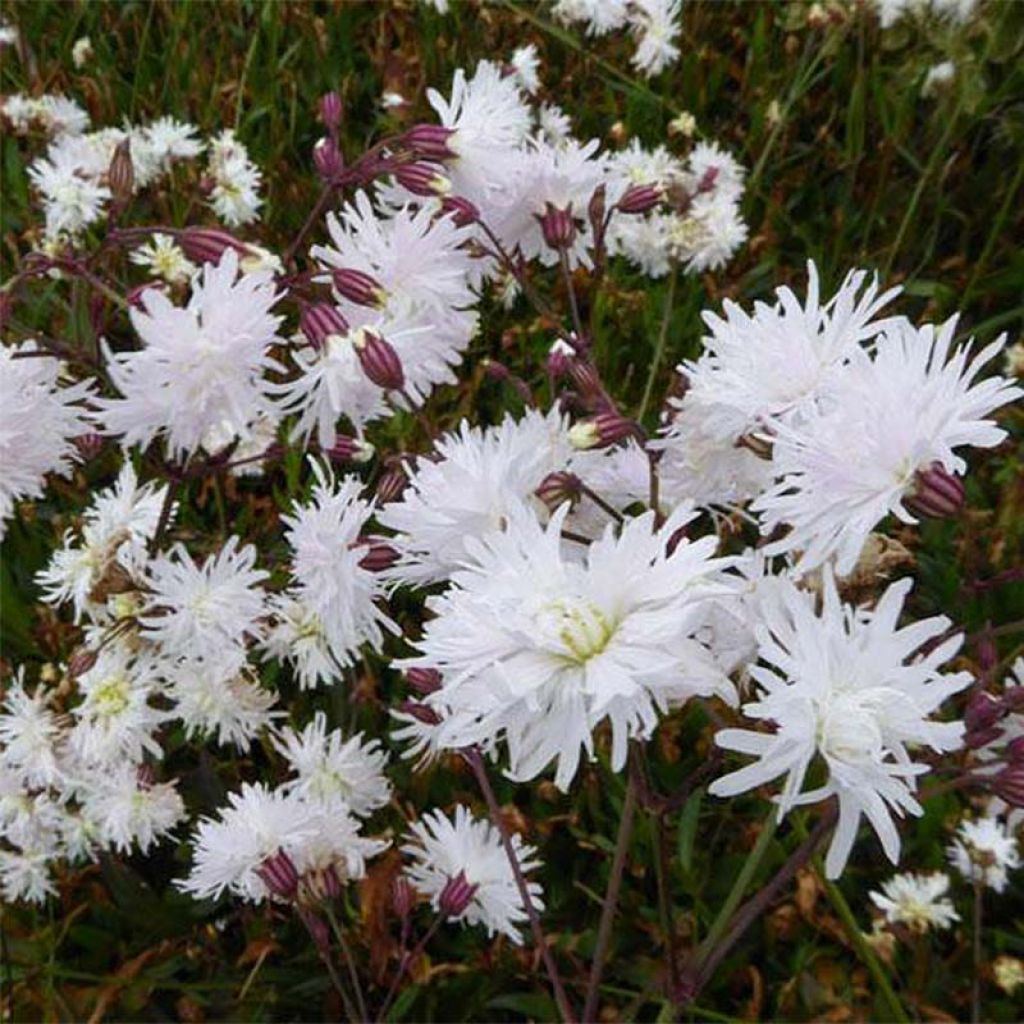

Lychnis flos-cuculi Petit Henri - Oeillet des prés blanc
View more pictures
Hide images
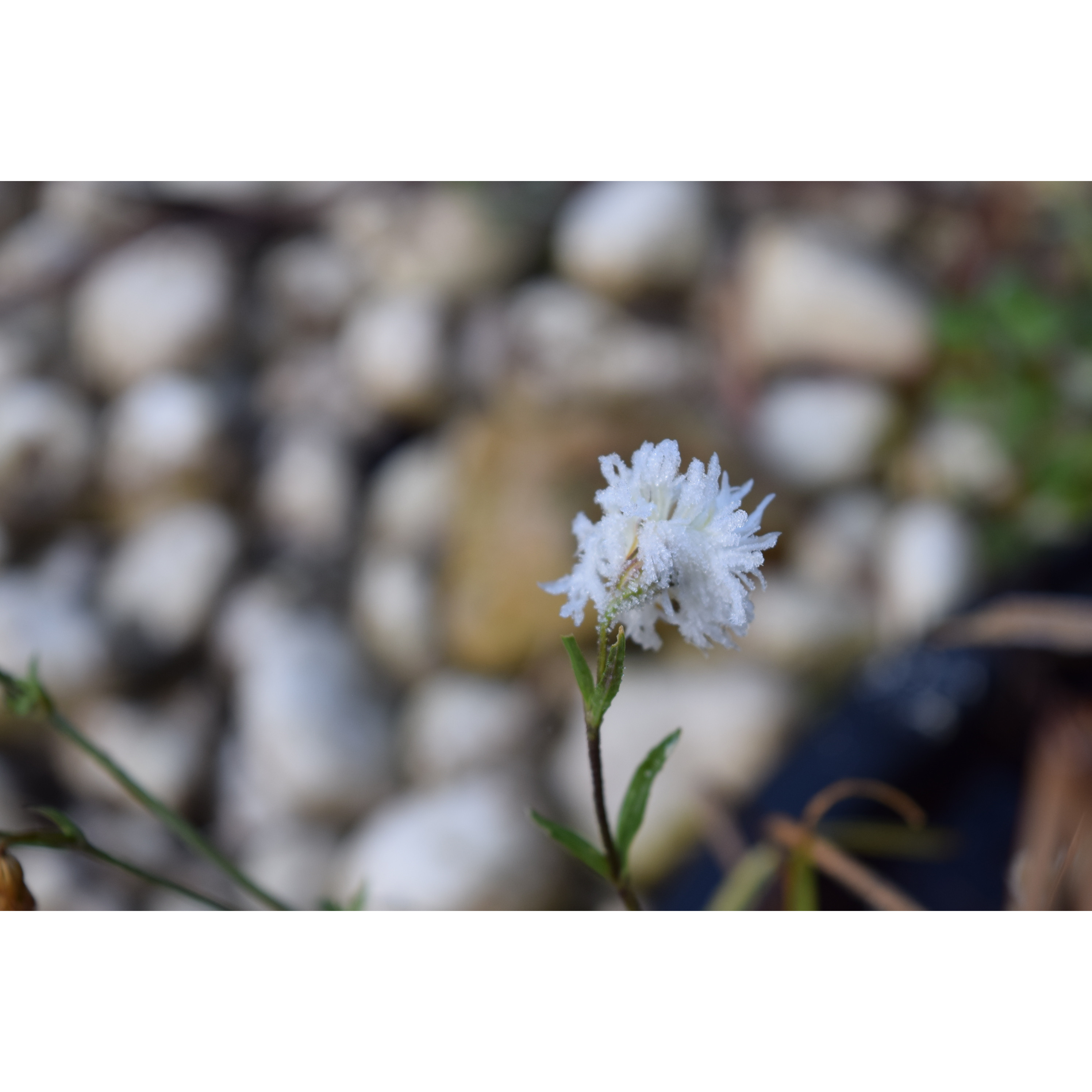
Claudine D.

Lychnis flos-cuculi 'Petit Henri'
Claudine D. • BE
Lychnis flos-cuculi Petit Henri
Lychnis flos-cuculi Petit Henri
Ragged Robin, Crow Flower, Cuckoo Flower, Cuckoo Gilliflower, Meadow Lychnis, Meadow pink, Wild William
Disappointed by this flower, which is pretty but whose heart turns brown as if the plant lacked rain.
Stéphane, 05/06/2025
Special offer!
Receive a €20 voucher for any order over €90 (excluding delivery costs, credit notes, and plastic-free options)!
1- Add your favorite plants to your cart.
2- Once you have reached €90, confirm your order (you can even choose the delivery date!).
3- As soon as your order is shipped, you will receive an email containing your voucher code, valid for 3 months (90 days).
Your voucher is unique and can only be used once, for any order with a minimum value of €20, excluding delivery costs.
Can be combined with other current offers, non-divisible and non-refundable.
Home or relay delivery (depending on size and destination)
Schedule delivery date,
and select date in basket
This plant carries a 12 months recovery warranty
More information
We guarantee the quality of our plants for a full growing cycle, and will replace at our expense any plant that fails to recover under normal climatic and planting conditions.
Would this plant suit my garden?
Set up your Plantfit profile →
Description
The Lychnis flos-cuculi 'Petit Henri' is a very pretty variety of Ragged Robin with very double, tousled, pure white flowers. This adorable little perennial plant, also known as Ragged Robin, is sturdy despite the delicate appearance of its flowers. Its small, ethereal flowers, very abundant, appear throughout the summer, carried by surprising purple stems. It is a fully hardy plant that thrives in moist soils and the edges of sunny ponds. Its light flowering, animated by the slightest breeze, softens the stiffness of other perennials, and it works wonders in natural gardens.
This Ragged Robin belongs to the Caryophyllaceae family; it is a cousin of carnations. It is named like this because it blooms when the cuckoo sings. It is an upright perennial that thrives in wet areas of Europe (marshes, bogs) and can also be found in meadows up to 2500 m (8202ft) altitude. The variety 'Petit Henri' is a newcomer, a cousin of the very popular 'Petite Jenny' with which it shares all its qualities.
Its base is a stoloniferous stump producing a low, compact clump composed of bright green lanceolate spatulate leaves, semi-evergreen, which can reach 12 cm (5in) long. From this base emerge in May-June branched, slightly leafy, reddish-purple stems, about 40-60 cm (16-24in) tall, which bear at their tips bell-shaped calyx clusters, whitish in color, veined with red. The calyxes open to release pom-pom flowers of immaculate white, about 3 cm (1in) in diameter, composed of multiple deeply cut petals forming fine strips. These flowers have the great advantage of not yellowing with age. The Lychnis flos-cuculi self-seeds spontaneously, not always identical to the mother plant.
Their rather slender habit encourages grouping Lychnis flos-cuculi to create a fluffy mass effect. Excellent cut flowers, they are also perfect for English gardens and the cool, humid English climate. You can plant them near a body of water or in any moist to cool soil, preferably in the sun, with companions that appreciate the same conditions, such as pink astilbes, candelebar primroses, coral-flowering heucheras, or Virginia bluebells and white or pink obedient plants. Their association with peonies and grasses (small Miscanthus, Carex, ribbons of shepherd's purse) is simply superb. The plant will take some time to establish, but what a marvel!
Report an error about the product description
Lychnis flos-cuculi Petit Henri in pictures
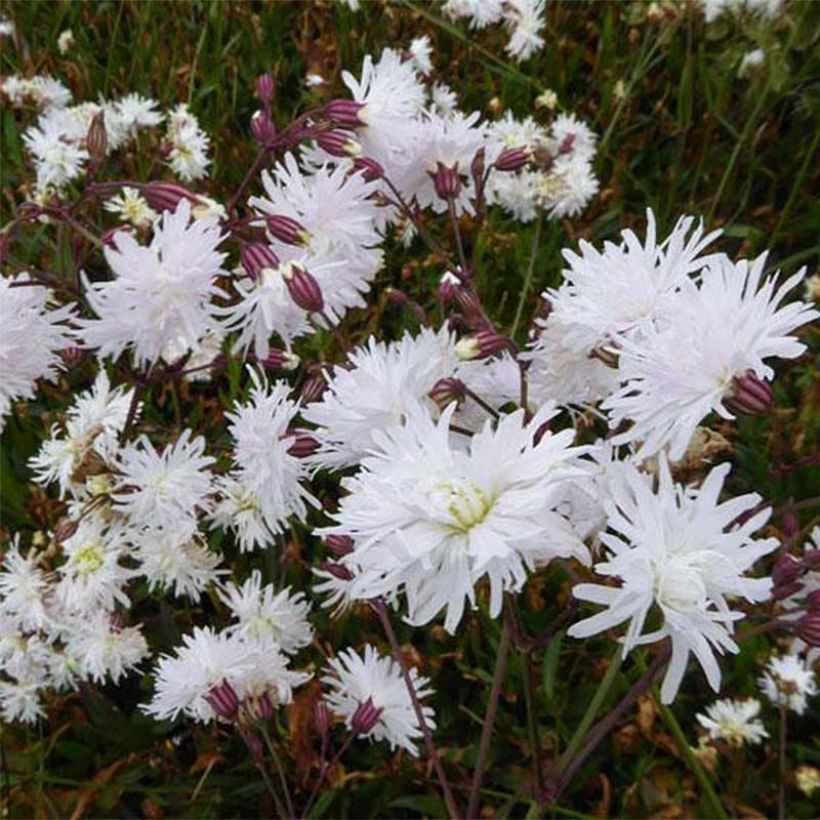

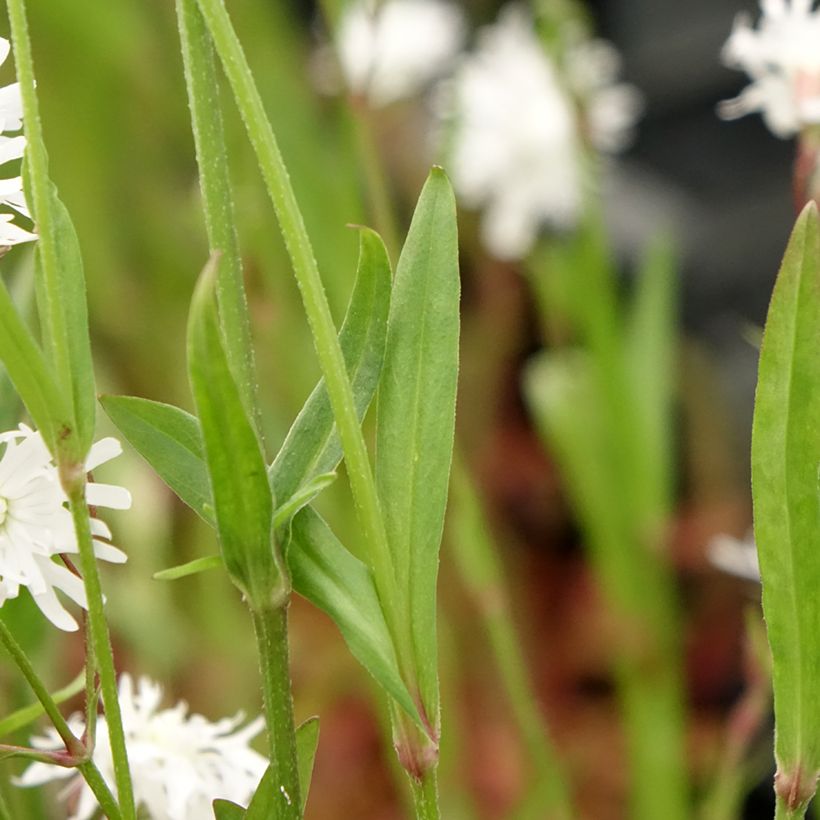

Flowering
Foliage
Plant habit
Botanical data
Lychnis
flos-cuculi
Petit Henri
Caryophyllaceae
Ragged Robin, Crow Flower, Cuckoo Flower, Cuckoo Gilliflower, Meadow Lychnis, Meadow pink, Wild William
Cultivar or hybrid
Other Lychnis
View all →Planting and care
The Lychnis flos-cuculi is sown in autumn or spring in a moist soil that never dries out, well-drained, not too chalky and slightly acidic, rich, and in a sunny position. Remove faded flowers as they appear to ensure a long flowering period or to prevent spontaneous sowing. Use slug repellent to prevent attacks from gastropods, which are fond of young shoots. Divide the stump every 4 or 5 years.
Planting period
Intended location
Care
-
, onOrder confirmed
Reply from on Promesse de fleurs
Similar products
Haven't found what you were looking for?
Hardiness is the lowest winter temperature a plant can endure without suffering serious damage or even dying. However, hardiness is affected by location (a sheltered area, such as a patio), protection (winter cover) and soil type (hardiness is improved by well-drained soil).

Photo Sharing Terms & Conditions
In order to encourage gardeners to interact and share their experiences, Promesse de fleurs offers various media enabling content to be uploaded onto its Site - in particular via the ‘Photo sharing’ module.
The User agrees to refrain from:
- Posting any content that is illegal, prejudicial, insulting, racist, inciteful to hatred, revisionist, contrary to public decency, that infringes on privacy or on the privacy rights of third parties, in particular the publicity rights of persons and goods, intellectual property rights, or the right to privacy.
- Submitting content on behalf of a third party;
- Impersonate the identity of a third party and/or publish any personal information about a third party;
In general, the User undertakes to refrain from any unethical behaviour.
All Content (in particular text, comments, files, images, photos, videos, creative works, etc.), which may be subject to property or intellectual property rights, image or other private rights, shall remain the property of the User, subject to the limited rights granted by the terms of the licence granted by Promesse de fleurs as stated below. Users are at liberty to publish or not to publish such Content on the Site, notably via the ‘Photo Sharing’ facility, and accept that this Content shall be made public and freely accessible, notably on the Internet.
Users further acknowledge, undertake to have ,and guarantee that they hold all necessary rights and permissions to publish such material on the Site, in particular with regard to the legislation in force pertaining to any privacy, property, intellectual property, image, or contractual rights, or rights of any other nature. By publishing such Content on the Site, Users acknowledge accepting full liability as publishers of the Content within the meaning of the law, and grant Promesse de fleurs, free of charge, an inclusive, worldwide licence for the said Content for the entire duration of its publication, including all reproduction, representation, up/downloading, displaying, performing, transmission, and storage rights.
Users also grant permission for their name to be linked to the Content and accept that this link may not always be made available.
By engaging in posting material, Users consent to their Content becoming automatically accessible on the Internet, in particular on other sites and/or blogs and/or web pages of the Promesse de fleurs site, including in particular social pages and the Promesse de fleurs catalogue.
Users may secure the removal of entrusted content free of charge by issuing a simple request via our contact form.
The flowering period indicated on our website applies to countries and regions located in USDA zone 8 (France, the United Kingdom, Ireland, the Netherlands, etc.)
It will vary according to where you live:
- In zones 9 to 10 (Italy, Spain, Greece, etc.), flowering will occur about 2 to 4 weeks earlier.
- In zones 6 to 7 (Germany, Poland, Slovenia, and lower mountainous regions), flowering will be delayed by 2 to 3 weeks.
- In zone 5 (Central Europe, Scandinavia), blooming will be delayed by 3 to 5 weeks.
In temperate climates, pruning of spring-flowering shrubs (forsythia, spireas, etc.) should be done just after flowering.
Pruning of summer-flowering shrubs (Indian Lilac, Perovskia, etc.) can be done in winter or spring.
In cold regions as well as with frost-sensitive plants, avoid pruning too early when severe frosts may still occur.
The planting period indicated on our website applies to countries and regions located in USDA zone 8 (France, United Kingdom, Ireland, Netherlands).
It will vary according to where you live:
- In Mediterranean zones (Marseille, Madrid, Milan, etc.), autumn and winter are the best planting periods.
- In continental zones (Strasbourg, Munich, Vienna, etc.), delay planting by 2 to 3 weeks in spring and bring it forward by 2 to 4 weeks in autumn.
- In mountainous regions (the Alps, Pyrenees, Carpathians, etc.), it is best to plant in late spring (May-June) or late summer (August-September).
The harvesting period indicated on our website applies to countries and regions in USDA zone 8 (France, England, Ireland, the Netherlands).
In colder areas (Scandinavia, Poland, Austria...) fruit and vegetable harvests are likely to be delayed by 3-4 weeks.
In warmer areas (Italy, Spain, Greece, etc.), harvesting will probably take place earlier, depending on weather conditions.
The sowing periods indicated on our website apply to countries and regions within USDA Zone 8 (France, UK, Ireland, Netherlands).
In colder areas (Scandinavia, Poland, Austria...), delay any outdoor sowing by 3-4 weeks, or sow under glass.
In warmer climes (Italy, Spain, Greece, etc.), bring outdoor sowing forward by a few weeks.






























